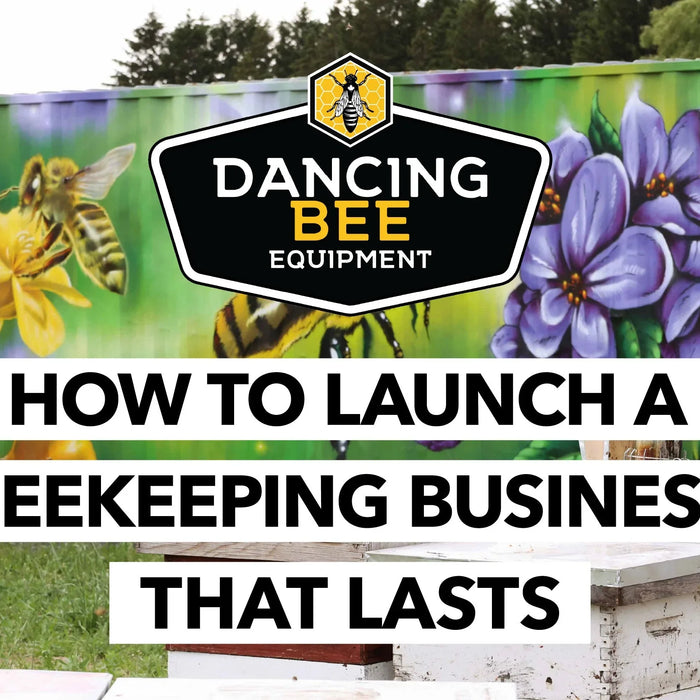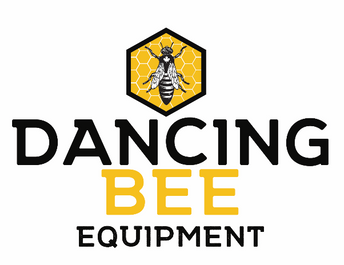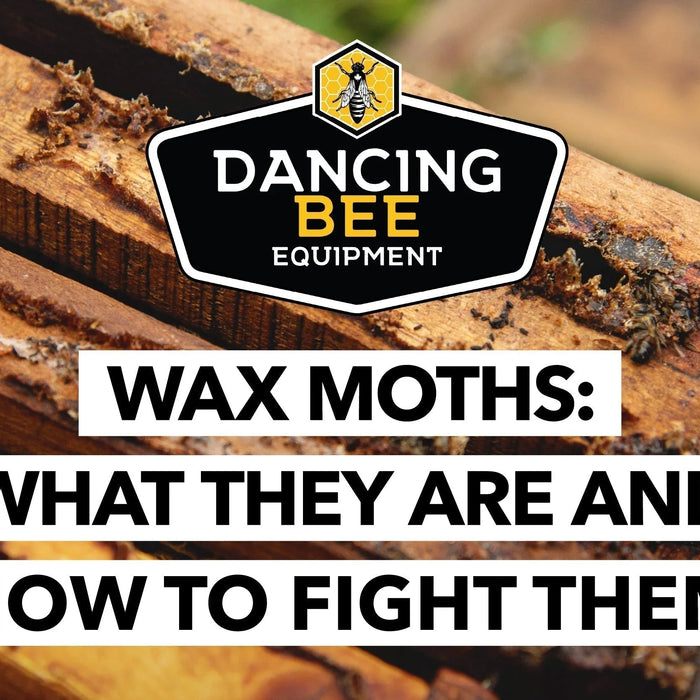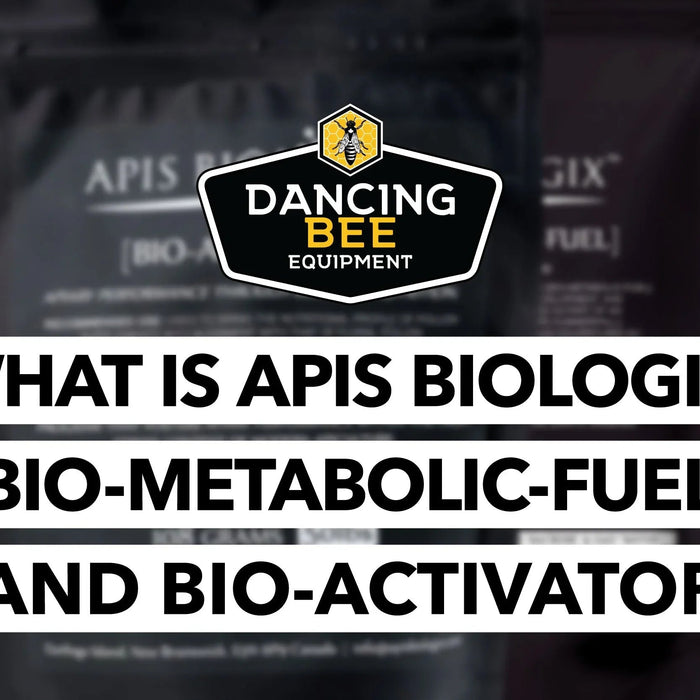As a beekeeper, one of the most important aspects of hive management is knowing when and how to feed your bees. The right feeding strategy can help your colony thrive, especially during times of scarcity. This blog post will break down when to use syrup, fondant, and pollen patties, and why each is essential to your bees' health throughout the year.
Feeding Syrup: Spring and Fall
Spring Feeding (1:1 Sugar Syrup) In the spring, many beekeepers choose to feed their colonies a 1:1 sugar-to-water syrup. This thin syrup mimics nectar and encourages the queen to start laying eggs, boosting brood production. However, if you have a strong, healthy colony that was fed well in the fall, spring feeding may not be necessary. For these robust colonies, you can focus on providing protein patties to further stimulate brood rearing. The earlier the queen begins laying, the sooner you can add honey supers or perform hive splits.
Fall Feeding (2:1 Sugar Syrup) Fall feeding is crucial for preparing your colony for winter. Bees need ample stores of honey (approximately 85 pounds or more) to survive the colder months. A 2:1 sugar-to-water syrup is recommended, as its thicker consistency allows the bees to ripen and store it faster for winter. The queen will be laying her winter brood, and sufficient food stores will ensure their survival through the winter.
You'll want to feed syrup until the bees stop taking it in or until daytime temperatures consistently drop below 10°C. At this point, switch to a solid food source like fondant or candy boards. These alternatives are easier for bees to consume when it's cold, as they don’t have to expend energy warming up the syrup.
Pro Tip: If you're making your own sugar syrup, avoid boiling the solution, as this can alter the chemical structure and harm your bees. Instead, dissolve sugar in hot (but not boiling) water, and consider adding supplements like HiveAlive to extend shelf life and prevent fermentation.
Pollen Patties for Protein
Pollen patties are rich in protein and are an excellent supplement for encouraging egg-laying. These are particularly useful in the spring when you want to boost brood production ahead of adding honey supers or performing splits. With an increase in brood, the population will grow rapidly, so keep an eye out for swarming.
Fondant: A Lifesaver in Winter
Fondant is a vital emergency food source for bees during the winter. Placing a block of fondant, such as HiveAlive Fondant, inside your hive ensures that your bees have a backup food supply if their stores run low. The beauty of using fondant is that it can be checked easily by slicing a hole in the package and placing it over the inner cover hole. If you notice the bees consuming the fondant, you'll know that additional feeding may be necessary before the nectar and pollen flow resumes in late spring.
The Importance of Winter Feeding
Winter is one of the most critical times for your bees, and proper feeding can make the difference between life and death for your colony. As the queen ramps up egg-laying in late winter, the hive's honey stores may quickly deplete, especially if the bees are flying more on warmer days. Checking your hive's food levels in late winter and early spring is crucial. If stores are low, supplement with fondant or candy boards, and be ready to add pollen patties to support the expanding population.
Supplements to Boost Bee Health
In addition to syrup, fondant, and pollen patties, supplements like HiveAlive, Nozevit, and Apitablet can significantly improve your colony's overall health.
-
HiveAlive: A liquid supplement that promotes intestinal health and strengthens the colony, HiveAlive has been shown to double the population in colonies fed with it compared to those fed with regular syrup.
-
Nozevit: A natural, herbal product that helps prevent diseases, particularly Nosema. It's safe for organic beekeeping and leaves no harmful residues.
-
Apitablet: A tablet that contains essential oils, vitamins, and minerals. This all-natural supplement is easy to use and helps support hive health without the use of chemicals.
Feeding your bees the right supplements at the right time is critical for maintaining a healthy hive. Whether you're boosting the queen's egg-laying in the spring, preparing your colony for winter, or providing emergency food during the colder months, your feeding practices will directly impact your colony's health and productivity. By using a combination of syrup, fondant, pollen patties, and natural supplements, you can help your bees thrive year-round.




